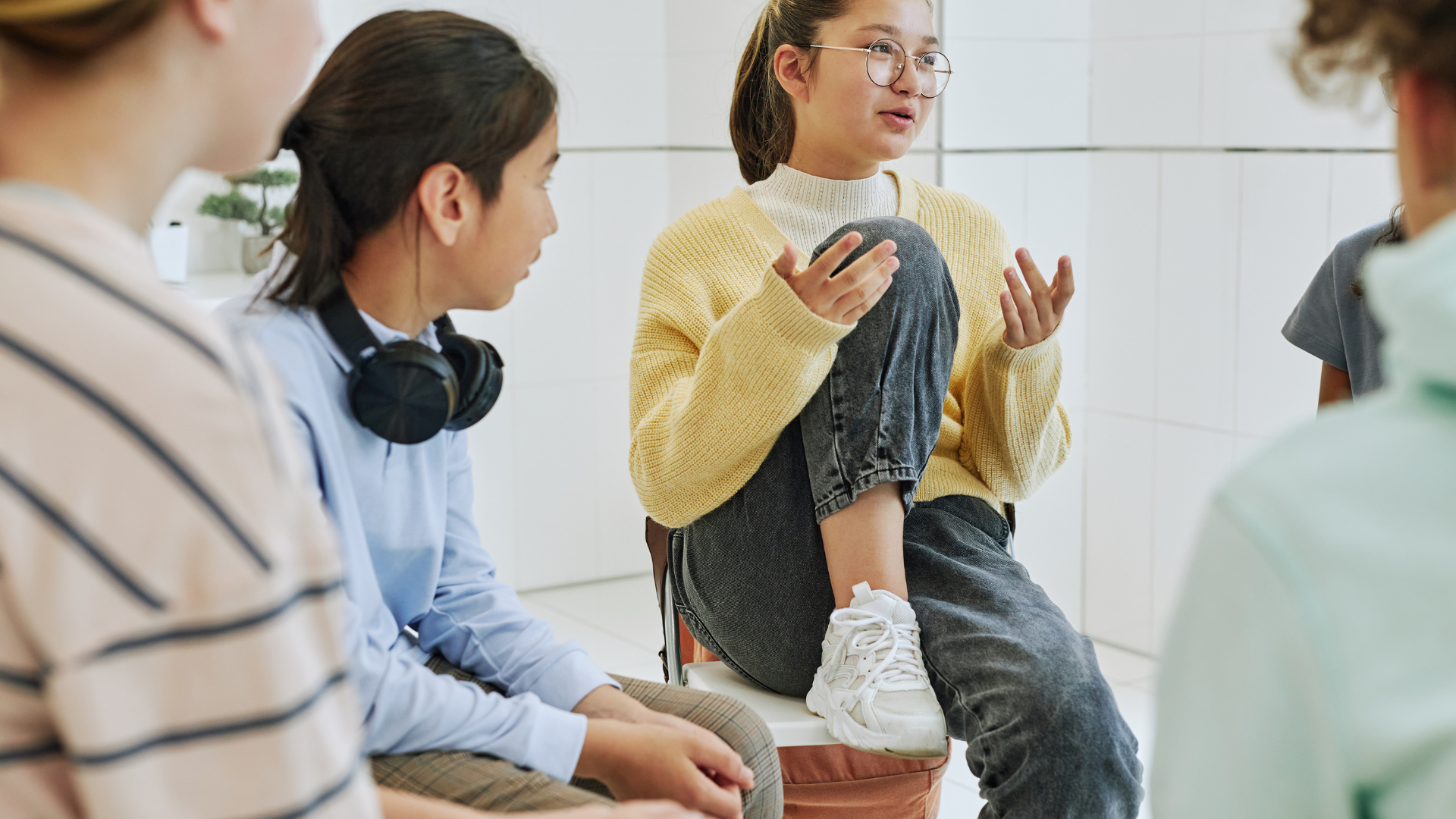Is Social Media Causing A Youth Mental Health Crisis?
Is Social Media Causing A Youth Mental Health Crisis?

Introduction
Are you constantly scrolling through social media feeds, comparing your life to the highlight reels of others? Do you find yourself feeling more anxious and isolated after hours spent online? Social media has become an integral part of our daily lives, especially for the younger generation. But is it possible that we are facing a youth mental health crisis as a result? Let's delve into the impact of social media on the mental well-being of today's youth.
Ways Social Media can Trigger Anxiety and Depression
Social media can be a double-edged sword when it comes to mental health. The constant comparison to curated online personas can lead to feelings of inadequacy and low self-esteem. Scrolling through endless feeds showcasing idealized lifestyles can create unrealistic expectations.
The pressure to present a flawless image online can fuel anxiety and contribute to imposter syndrome. Cyberbullying is another harmful aspect, where hurtful comments and negative interactions can escalate into serious emotional distress. The fear of missing out (FOMO) induced by seeing peers' highlight reels may trigger feelings of isolation and loneliness.
Additionally, the addictive nature of social media, with its endless scrolling and notifications, can disrupt sleep patterns and exacerbate stress levels. Being constantly connected may leave individuals feeling overwhelmed and unable to disconnect from the digital world's pressures.
What Parents Should Look For
As parents, it's essential to be aware of the signs that social media may be impacting your child's mental health. Keep an eye out for sudden changes in behavior or mood swings that seem out of character. Is your child becoming more withdrawn or irritable after spending time on social media platforms? Pay attention to any changes in their sleep patterns - insomnia or excessive sleeping could indicate underlying issues.
Monitor how much time your child is spending online and if they are overly preoccupied with likes, comments, or followers. Are they constantly comparing themselves to others online? Notice if they are expressing feelings of inadequacy or low self-esteem linked to their online is crucial.
Look for physical symptoms like headaches, stomach aches, or fatigue that may be stress-related from social media pressure. Engage in open conversations with your child about their online experiences and offer support without judgment. By staying vigilant and proactive as a parent, you can help mitigate the negative effects of social media on youth mental health.
Current Research, Stats, Self Harm, and Suicidal Behaviors
Research has shown a concerning link between social media usage and mental health issues among young people. Studies indicate that excessive time spent on platforms like Instagram, Snapchat, and TikTok can contribute to feelings of anxiety, depression, and loneliness. The pressure to present a perfect life online can lead to negative self-comparisons and low self-esteem.
Furthermore, alarming statistics reveal an increase in self-harm behaviors and suicidal ideation among adolescents who are heavy users of social media. The constant exposure to cyberbullying and harmful content can significantly impact a teenager's mental well-being.
It is crucial for parents to be aware of these risks and monitor their children's online activities closely. Early intervention and open communication play a vital role in safeguarding against the negative effects of social media on youth mental health.
Recent Legislative Laws Regarding Social Media and Youth in Florida
Recent legislative laws regarding social media and youth in Florida have been a topic of discussion among policymakers and parents alike. With the increasing concerns about the impact of social media on mental health, lawmakers are taking steps to address these issues.
In an effort to protect young users from harmful content and online behaviors, Florida has implemented stricter regulations on social media platforms. These laws aim to promote safer online environments for adolescents and teens by holding platforms accountable for their content moderation practices.
By requiring platforms to implement measures such as age verification processes and content warnings, legislators hope to reduce the negative effects that excessive social media use can have on youth mental health. Additionally, penalties for non-compliance with these regulations have been put in place to ensure adherence by tech companies.
As more research emerges linking social media use to mental health issues among young people, it is crucial for lawmakers to continue monitoring and adjusting these legislative measures accordingly. The goal is clear: safeguarding the well-being of our youth in an increasingly digital world.
Tips for Parents in Monitoring and Limiting Screen Time and Social Media Usage
As a parent, it's crucial to stay involved in your child's digital world. Start by setting clear boundaries and rules around screen time and social media use. Encourage open communication with your child so they feel comfortable discussing their online experiences with you.
Consider implementing technology tools that allow you to monitor and limit their screen time. Explore parental control apps or device settings that can help you track their online activity and set restrictions on certain apps or websites.
Lead by example by practicing healthy tech habits yourself. Show your child the importance of balancing screen time with offline activities like hobbies, exercise, and quality family time.
Encourage your child to engage in face-to-face interactions and build real connections outside of social media platforms. Support them in finding activities that promote mental well-being such as sports, arts, or volunteering.
Stay informed about the latest trends in social media and online safety to better guide your child through potential risks. Stay proactive in addressing any concerning behavior or signs of distress related to their online activities.
Final Thoughts
As social media continues to play a significant role in the lives of today's youth, it is essential for parents and guardians to be aware of the potential impact on mental health. While social media can be a valuable tool for connecting with others and accessing information, excessive use can lead to anxiety, depression, and other serious mental health issues.
By staying informed about the ways in which social media can trigger negative emotions, recognizing signs of distress in young people, and taking proactive steps to limit screen time and monitor usage, parents can help mitigate the risks associated with excessive social media consumption.
It is crucial for policymakers, educators, healthcare professionals, and parents to work together to create a safer online environment for young people. By promoting digital literacy skills, providing access to resources for mental health support, and implementing regulations that prioritize the well-being of youth on social media platforms – we can strive towards a healthier digital future for our younger generations.
In this rapidly evolving digital age where technology plays an increasingly central role in our daily lives – let us prioritize the mental health and well-being of our youth above all else. By fostering collaborative efforts between stakeholders and advocating for responsible online behaviors – we can pave the way towards a more positive relationship between young people and social media.











